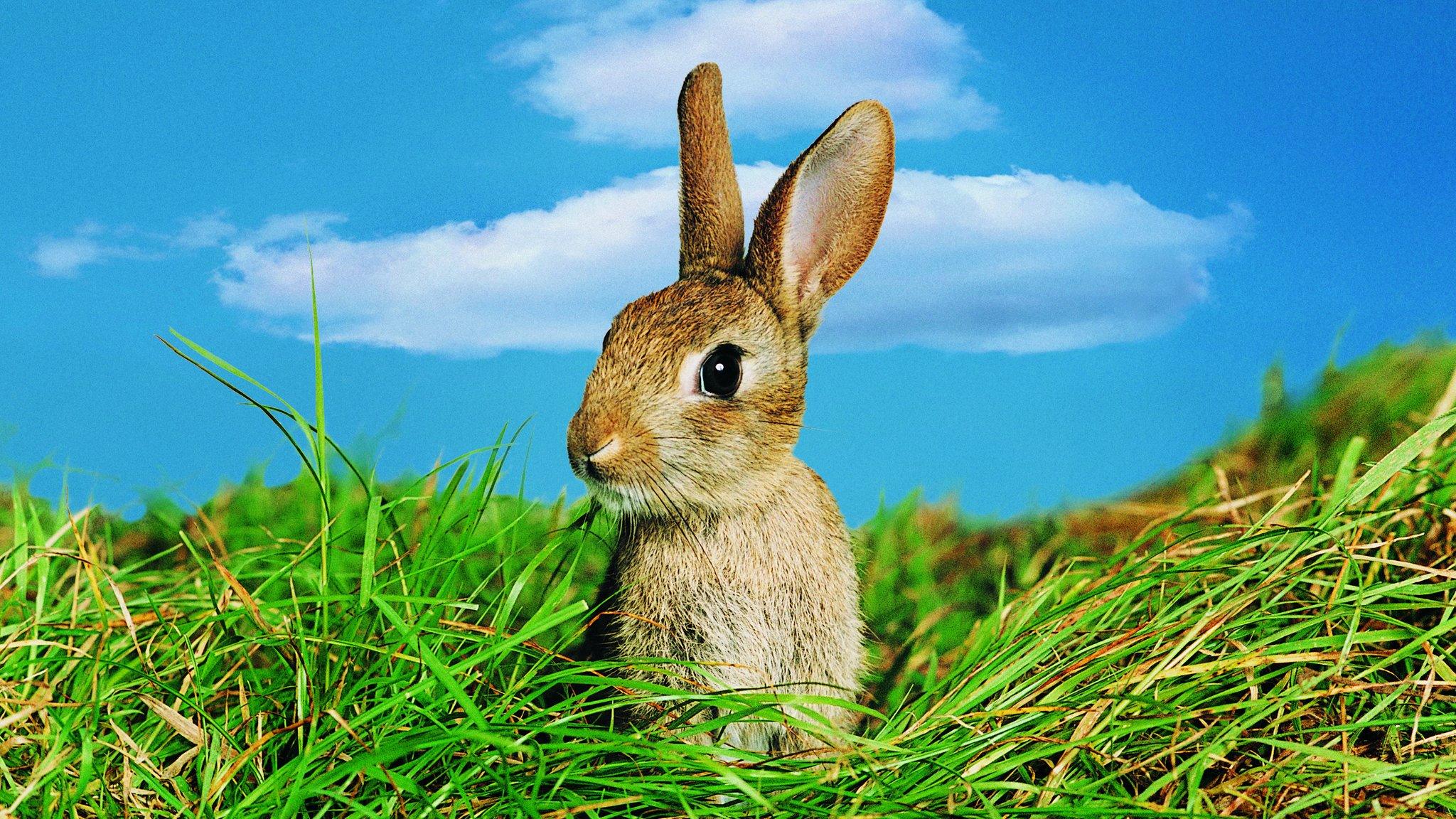Sale of fur banned at Islington markets
- Published
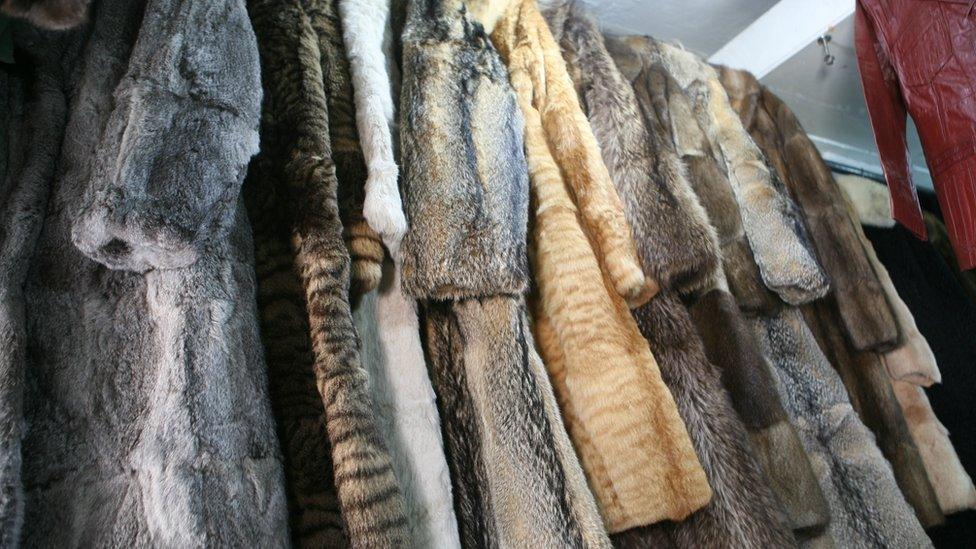
The trading of real fur will be prohibited on all council-owned land in Islington
Islington is the first London borough to ban the sale of real fur in its markets, after the council decided to tackle the "cruel and awful" industry.
It will be illegal for traders in Chapel, Exmouth, Camden Passage and Whitecross Street markets from 1 January 2020.
Islington is the second borough in the country, after Oldham, to review changes to street trading licences.
All traders will be issued licences from 1 October.
The council said it was not believed illegally-farmed fur was sold in the borough's markets and all sellers were consulted.
Councillor Asima Shaikh said: "We also understand that it can be hard for consumers to be sure about the origins and production methods used in clothes and goods containing real fur."
Animal protection campaigners Humane Society International UK said the decision was "driven by compassion".
"This ban on the sale of animal fur in Islington's iconic markets will help clear up any confusion, and give consumers confidence that what they are buying is faux fur," executive director Claire Bass said.
Fur farming has been banned in Britain since 2000 but figures show the UK imported almost £75m of fur in 2017.
Over the past two years, fashion houses Prada, Burberry and Gucci pledged to go fur-free, while brand Gucci stopped using fur in a 2018 collection.
The British Fur Trade Association said the ban will "hit law abiding traders".
"The international fur trade will be launching a global mark from next year that will give consumers further confidence around the origins and standards", a spokesperson added.
- Published22 May 2019
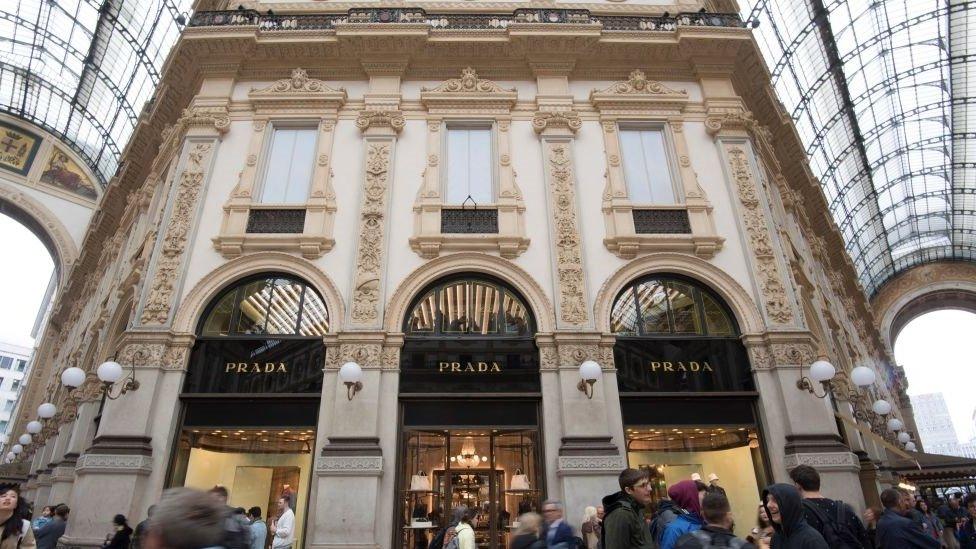
- Published7 September 2018
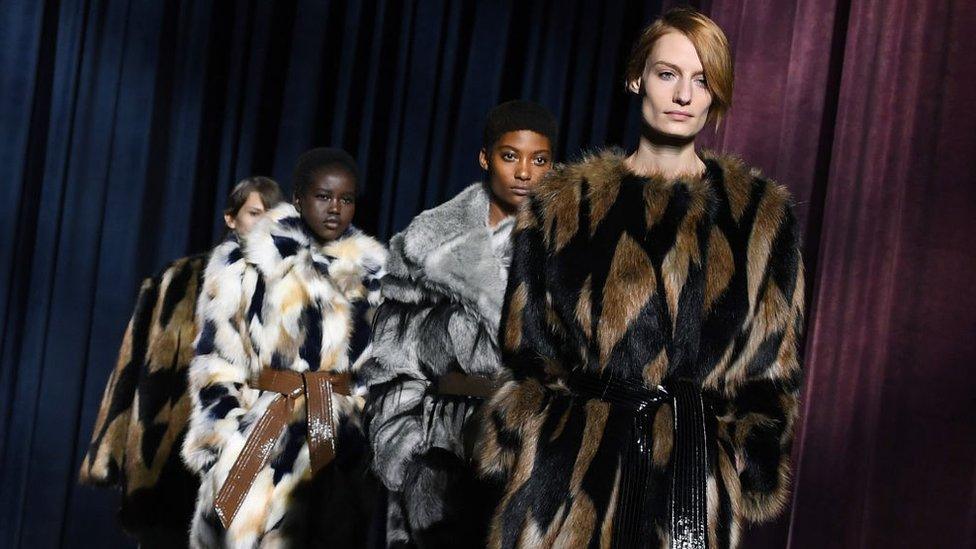
- Published12 October 2017
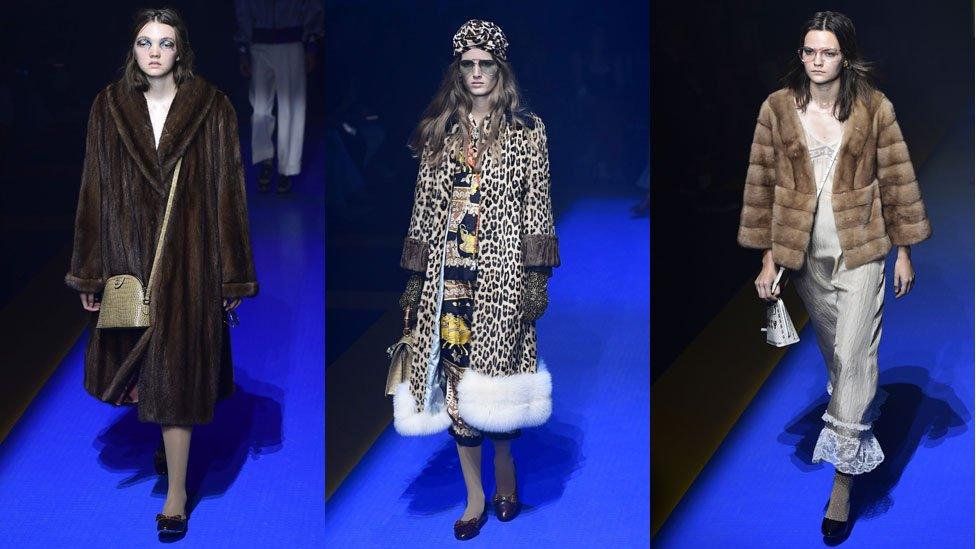
- Published15 December 2016
